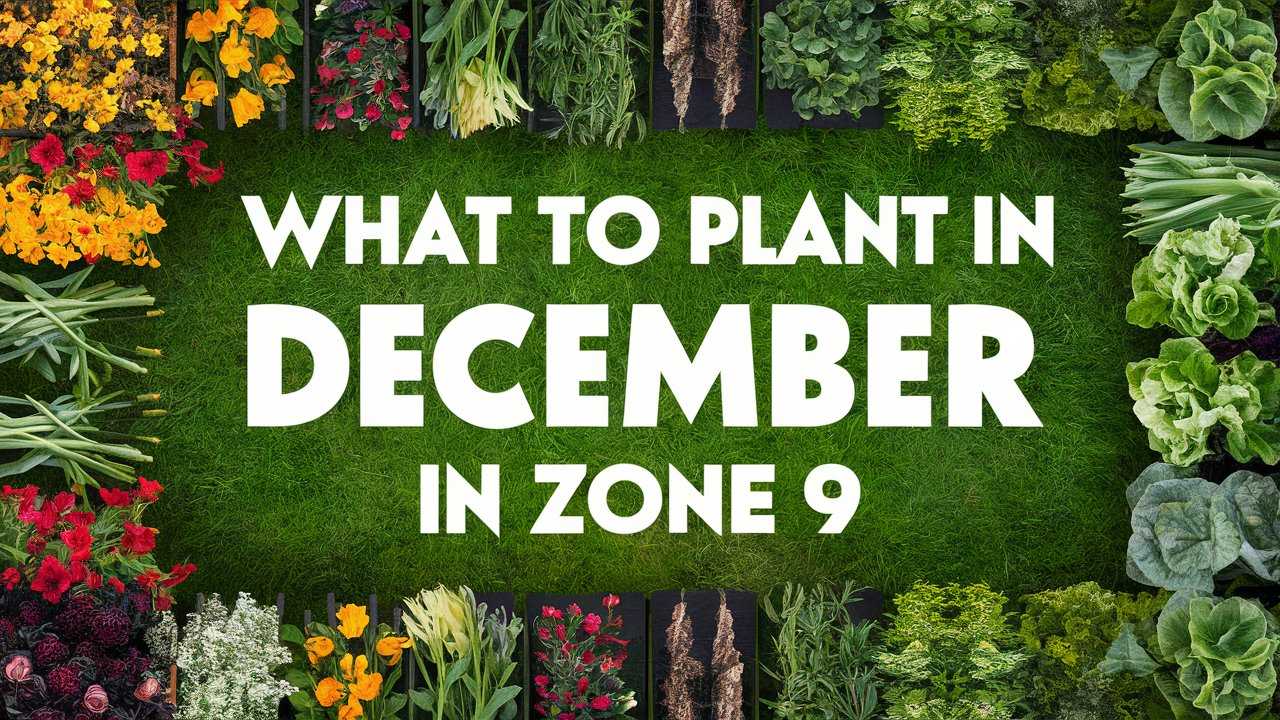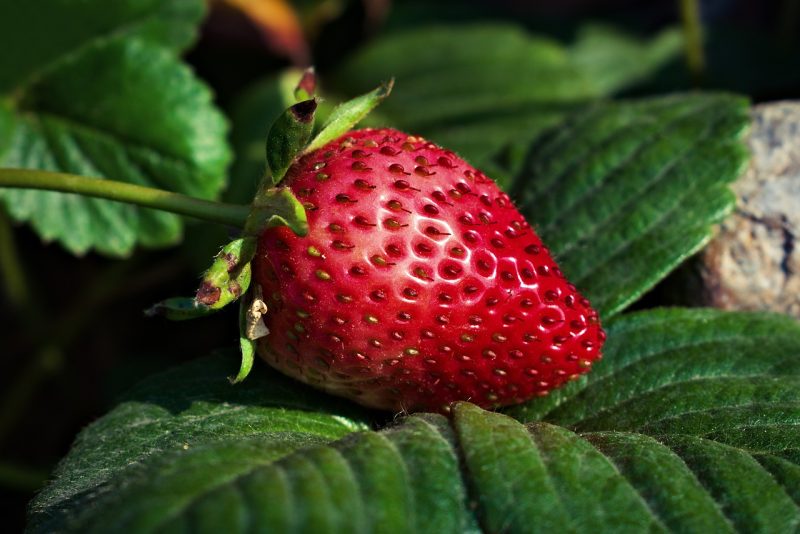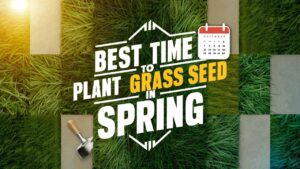December can often evoke images of holiday cheer and the onset of winter, but for gardeners in USDA Hardiness Zone 9, this month is ripe with opportunities for planting. This temperate zone typically covers areas with mild winters and warm summers, allowing for an extended growing season. In this comprehensive guide, we will delve into what to plant in December in Zone 9, covering vegetables, herbs, flowers, and fruits. Additionally, we will provide essential winter gardening tips to ensure your garden flourishes during the cooler months.
Understanding the Regional Climates
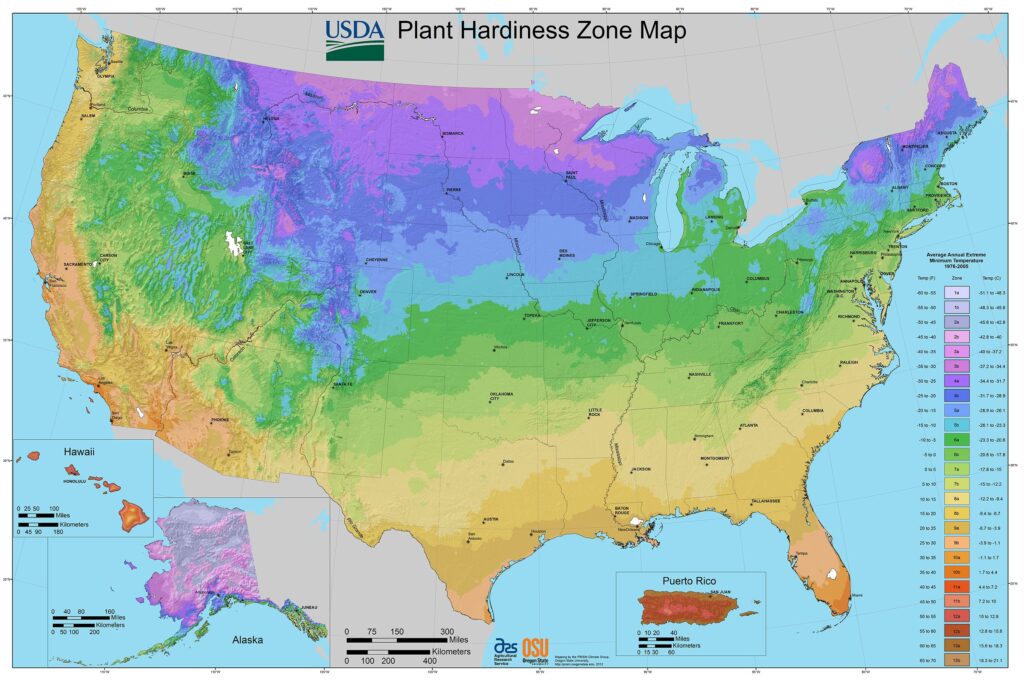
Zone 9 encompasses regions with average annual minimum temperatures ranging from 20 to 30 degrees Fahrenheit. This climatic variability means that while many areas do experience a mild winter, they can also see occasional cold snaps and frost. Locations within Zone 9 typically include parts of California, Texas, Florida, and the Gulf Coast.
Because of this unique climate, gardeners must be strategic about their planting times. In December, cool-season crops thrive, while tender crops may require protection. Understanding the local climate helps gardeners choose the right plants and develop effective gardening strategies.
What Can I Plant in December?
December is a pivotal month for planting in Zone 9, with options that include hardy vegetables, aromatic herbs, vibrant flowers, and luscious fruits. Below, we break down each category and highlight specific plants ideal for this month.
Vegetables
1. Broccoli
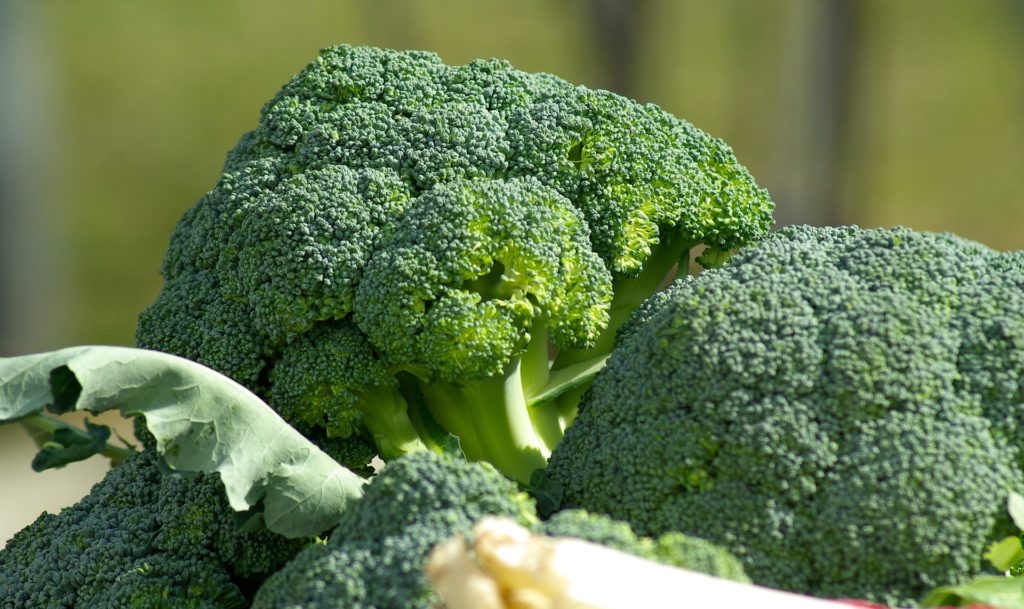
Broccoli is a nutritious and versatile vegetable that thrives in cool weather. Planting this cruciferous vegetable in December ensures a resilient crop that can withstand light frosts. Select disease-resistant varieties for the best yields.
2. Brussels Sprouts
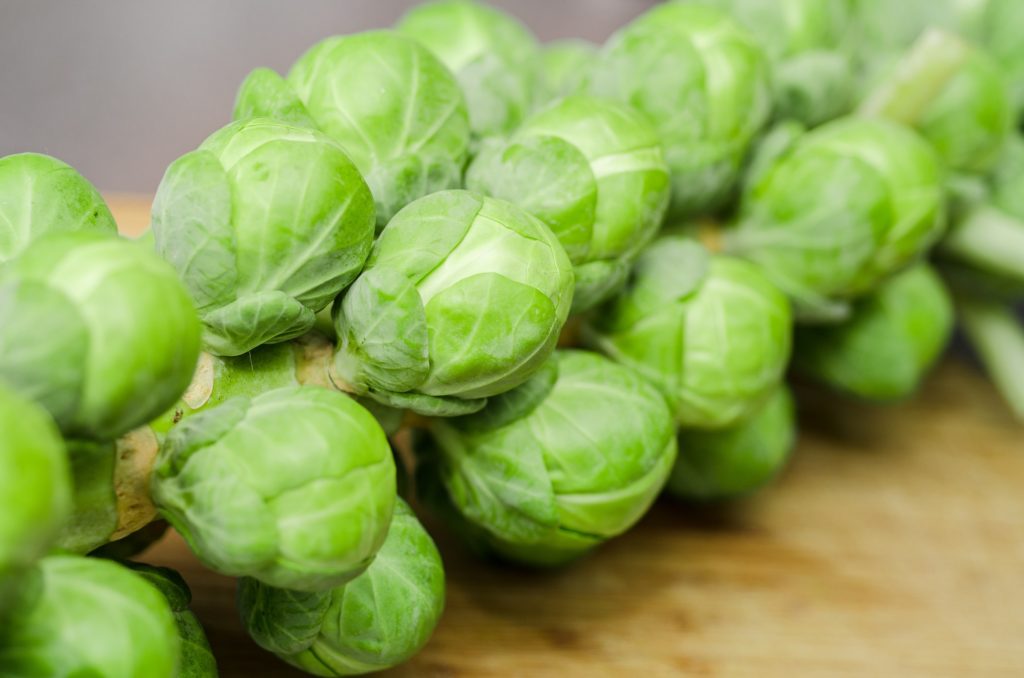
Brussels sprouts require a longer growing season and benefit from cooler temperatures. December planting allows these sprouts to mature when temperatures are ideal. Provide ample spacing between plants for optimal air circulation.
3. Cabbage
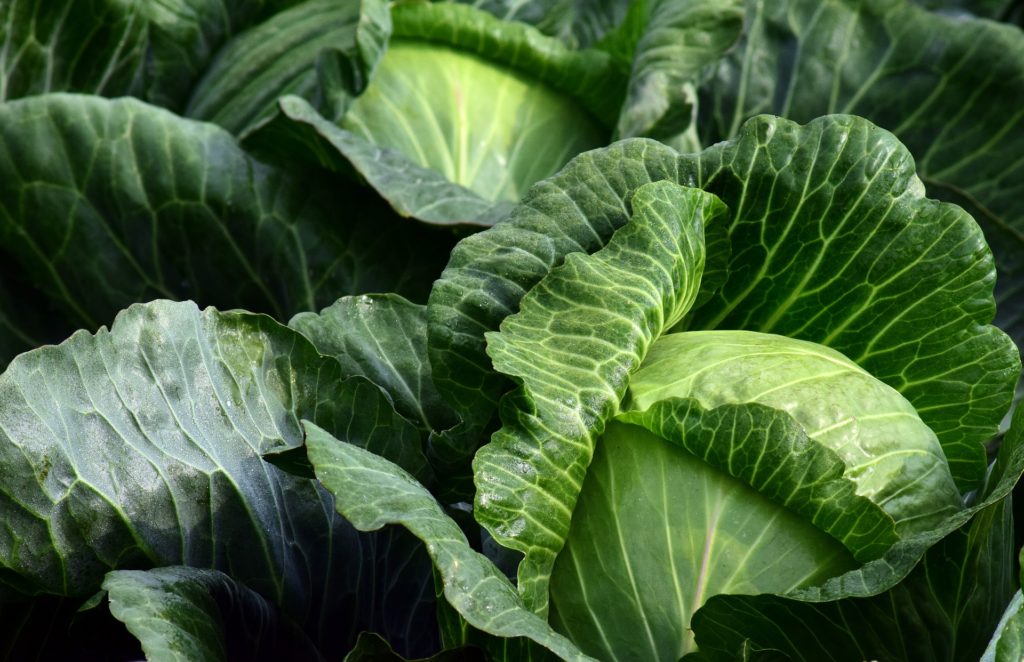
Cabbage is another cool-season crop that can be planted in December. This leafy vegetable does well in rich, well-drained soil and prefers full sun to light shade. Regular watering and timely fertilization can lead to a bountiful harvest.
4. Carrots
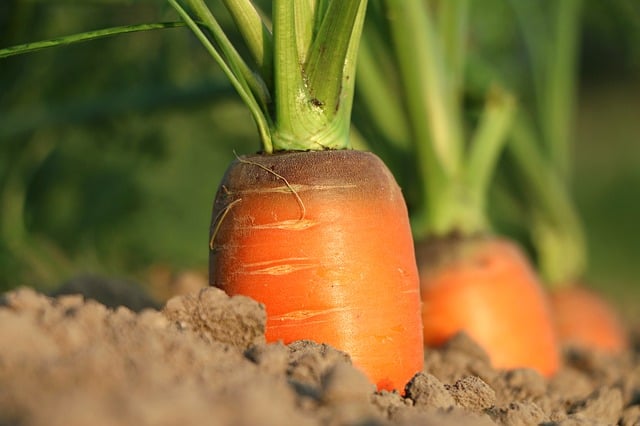
Carrots thrive in the cool weather of winter in Zone 9. They can be directly sown into well-prepared soil. Maintain consistent moisture and apply mulch to retain soil moisture and keep weeds at bay.
5. Cauliflower
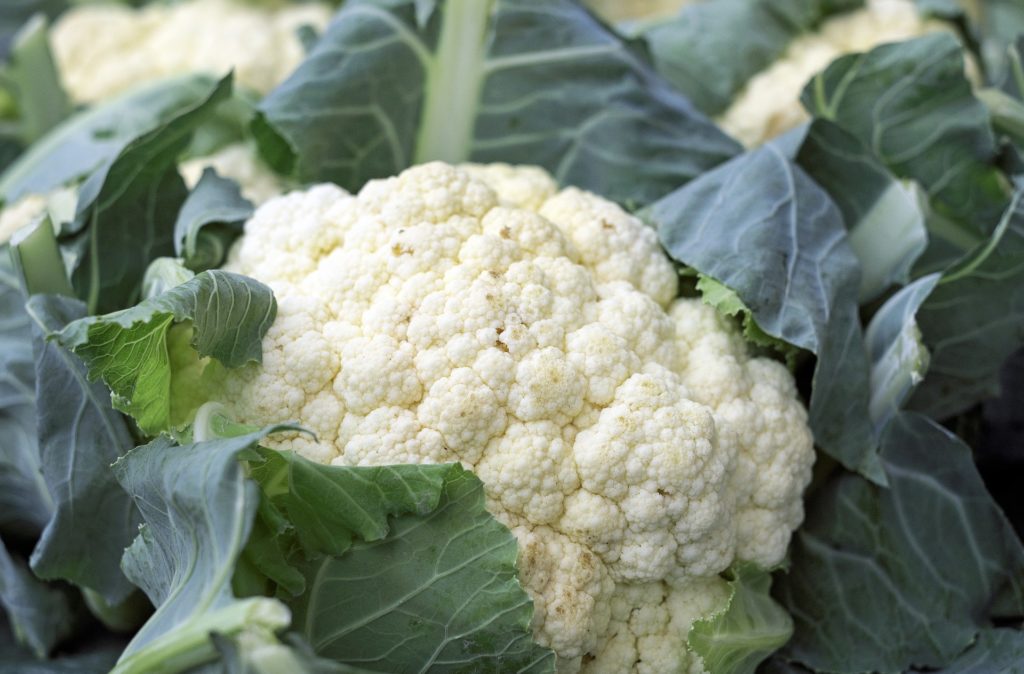
Like broccoli, cauliflower flourishes in cooler temperatures. December is an excellent time to plant this vegetable. Make sure to provide sufficient nutrients, as cauliflower is nutrient-hungry.
6. Kale
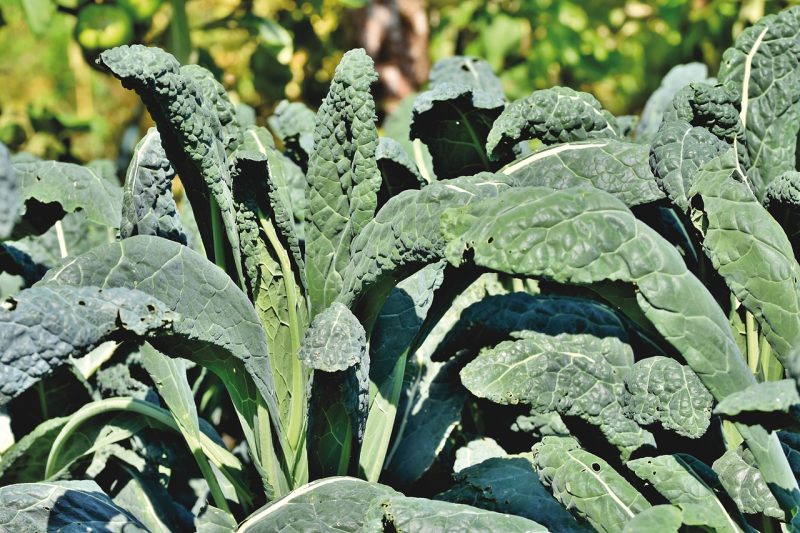
Kale is a champion of cool-weather gardening. This leafy green can be directly seeded or transplanted from nursery starts. Kale becomes sweeter after exposure to frost, making December a great time to plant.
7. Lettuce
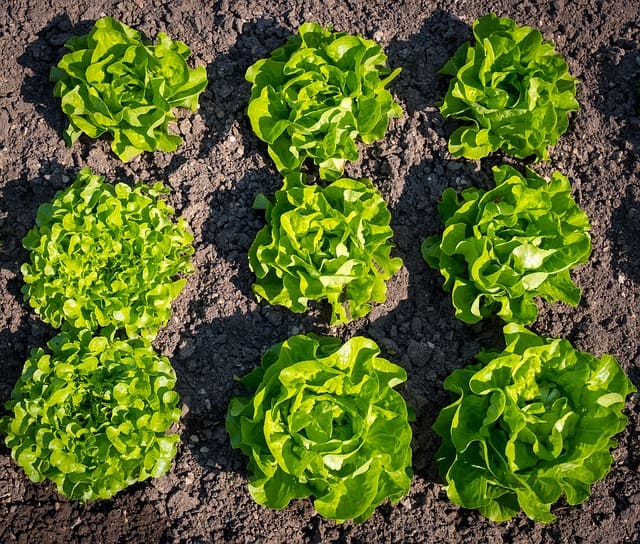
Lettuce varieties grow wonderfully in December’s cooler months. Planting can be done in rows or raised beds, and frequent harvesting promotes continuous growth. Consider a mix of leaf and head varieties for diversity.
8. Onions
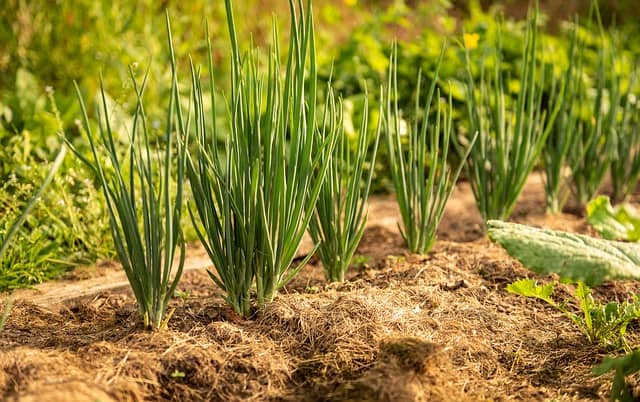
Onions can be started from seeds or sets in December. Zone 9 gardeners should choose short-day varieties. These onions thrive in cool weather and need well-drained soil and consistent moisture.
9. Peas
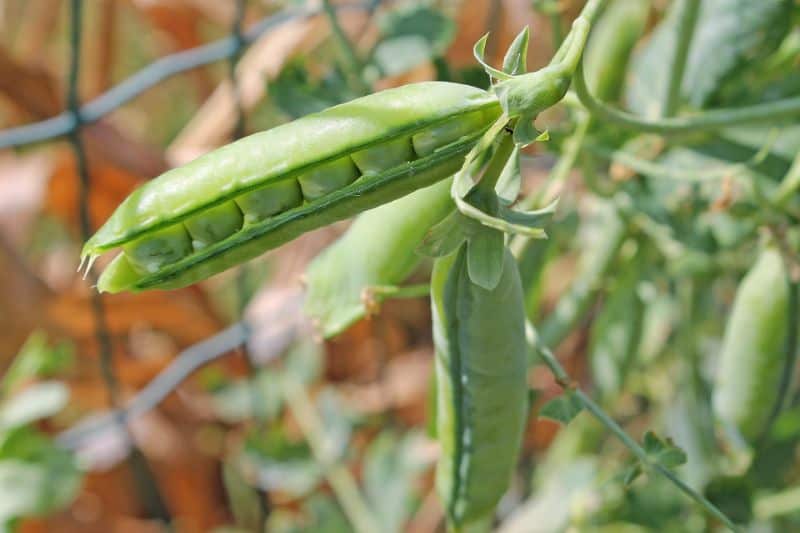
Peas are perfect for planting in December in Zone 9. These legumes enjoy cooler temperatures and can be directly seeded into the soil. Support climbing varieties with trellises for best results.
10. Potatoes
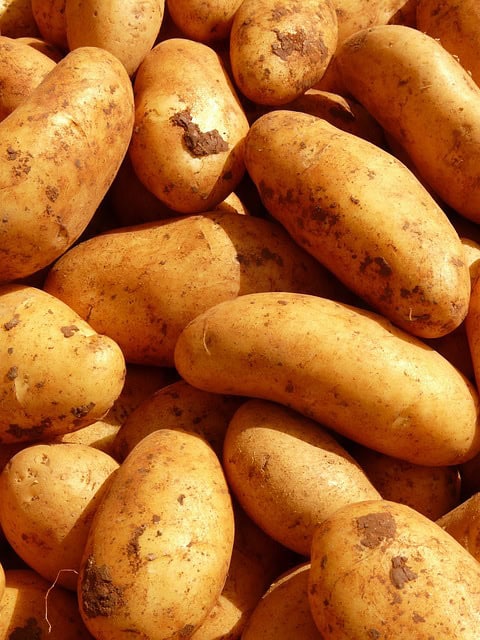
While typically planted in spring, some Zone 9 gardeners choose to plant potatoes in winter for an early harvest. Use seed potatoes cut into pieces with eyes facing upwards, and plant them in well-drained soil.
11. Radishes
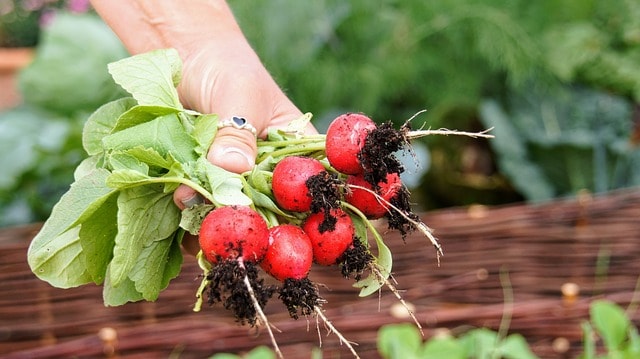
Radishes are fast-growing roots that can be directly seeded in December. They thrive in various soils and come to harvest within a month, making them ideal for quick gardening satisfaction.
12. Spinach
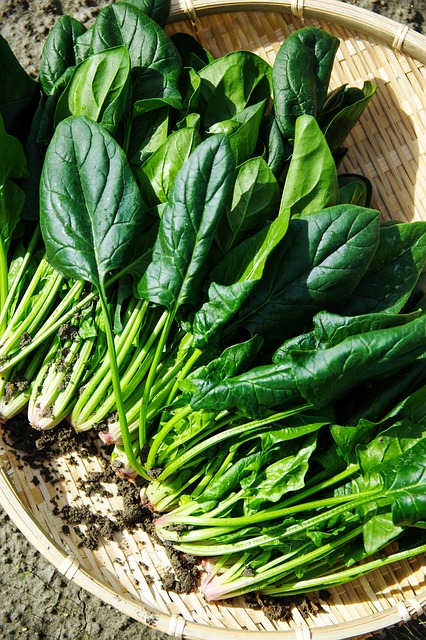
Spinach is a cold-hardy green that can be direct-seeded or transplanted in December. This nutrient-dense vegetable thrives in cooler weather and produces well into the rainy season.
13. Tomatoes
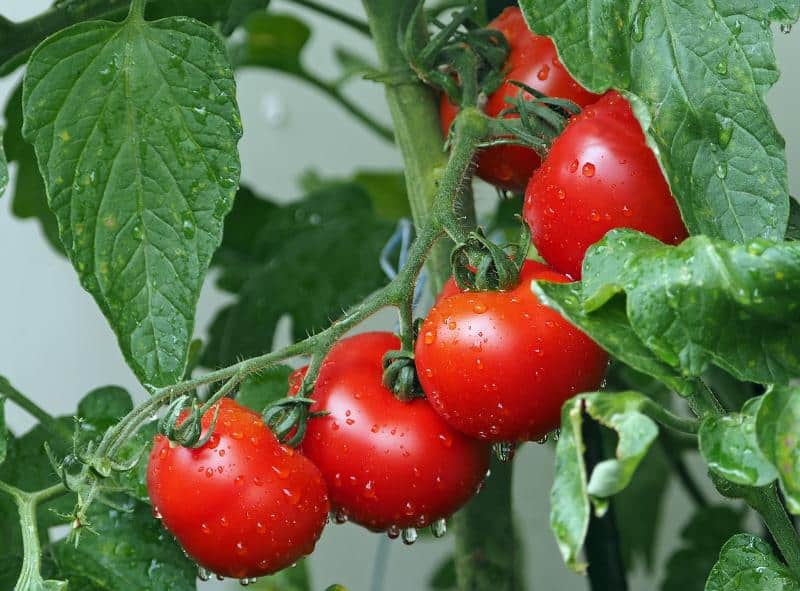
In Zone 9, December might be the time to start planning for the spring tomato crop. You can start seeds indoors or in a greenhouse for a head start, but be cautious of cold snaps as tomatoes are sensitive to frost.
Herbs
1. Basil
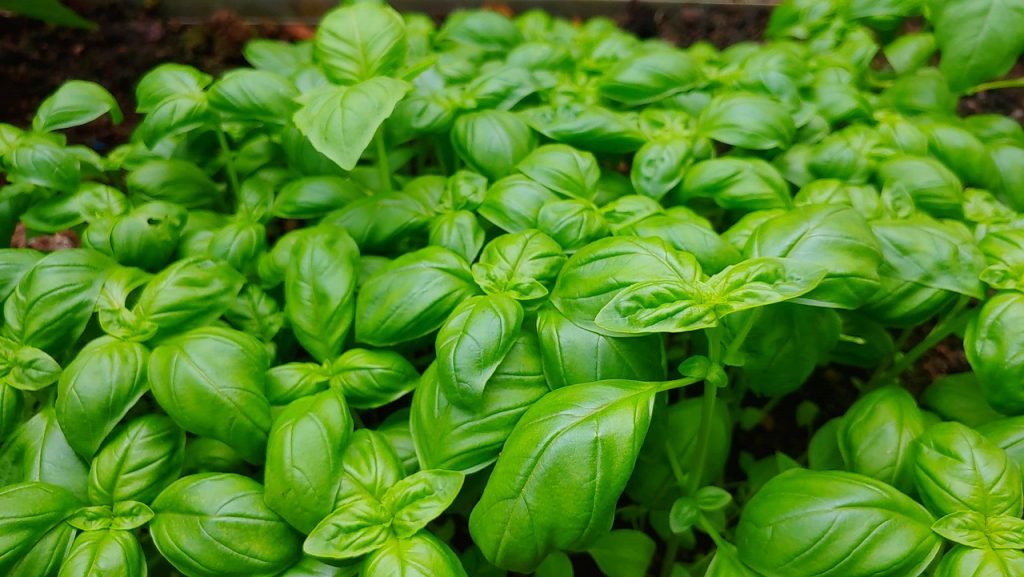
Basil is best planted in the spring, but if grown indoors or in a greenhouse, it can be started in December. Ensure it receives plenty of light for optimal growth.
2. Chives
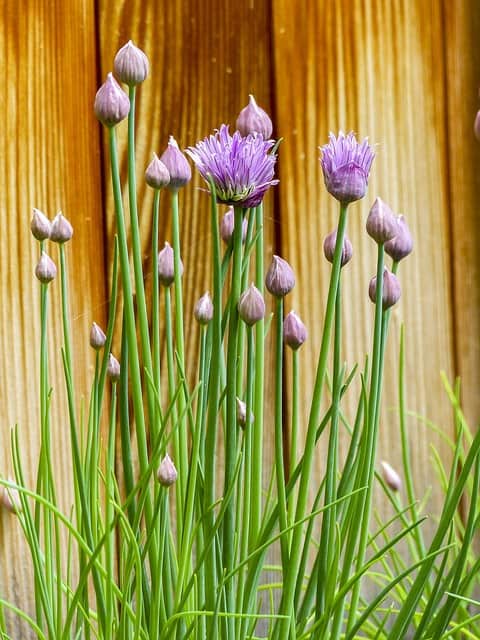
Chives can be grown year-round in Zone 9. Plant them in pots or directly in the garden for a fresh crop of herbs ready for winter cooking.
3. Cilantro
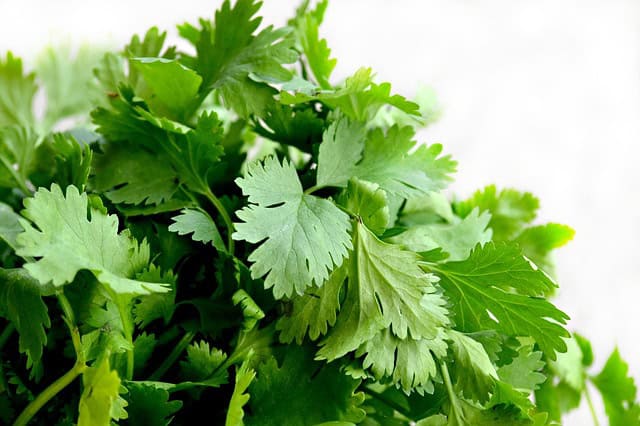
Cilantro enjoys the cooler temperatures of December and can be direct-seeded in raised beds. This herb typically bolts in warm weather, so winter planting is ideal for maintaining its flavor and presentation.
4. Dill
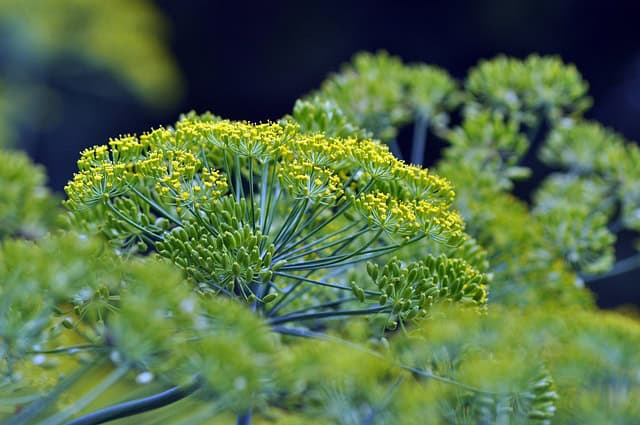
Dill is another herb that thrives in cooler weather. Plant seeds in well-drained soil, and expect the delightful feathery leaves to flourish during the winter months. Dill can also beneficially attract beneficial insects to the garden.
5. Mint
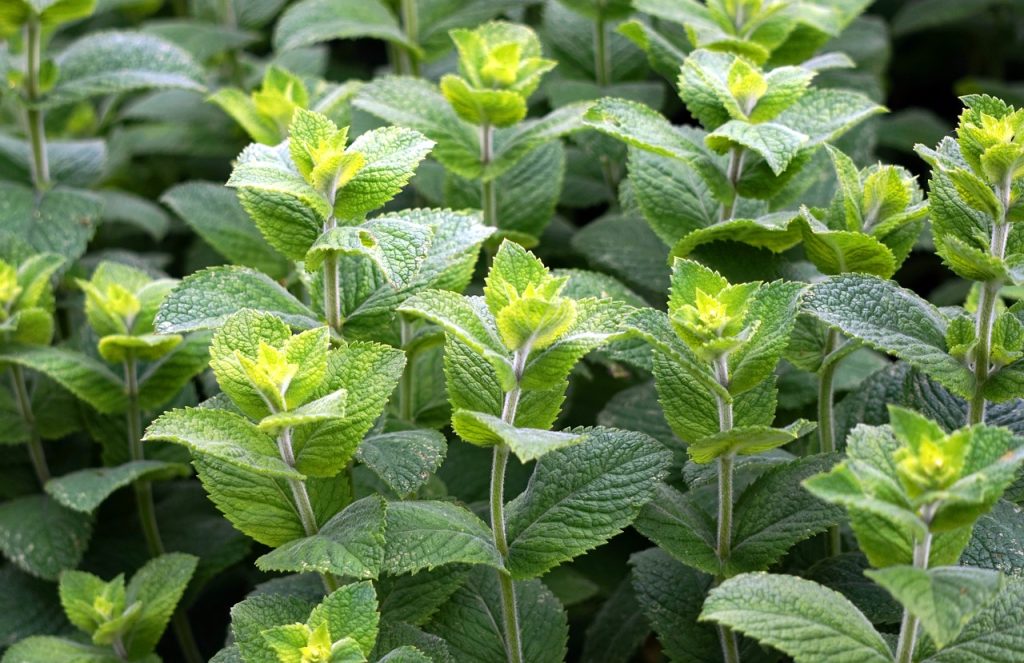
Mint is hardy and can be planted in December. It spreads quickly, so it’s often beneficial to contain it in a pot. Use it fresh or dried for culinary purposes.
6. Oregano
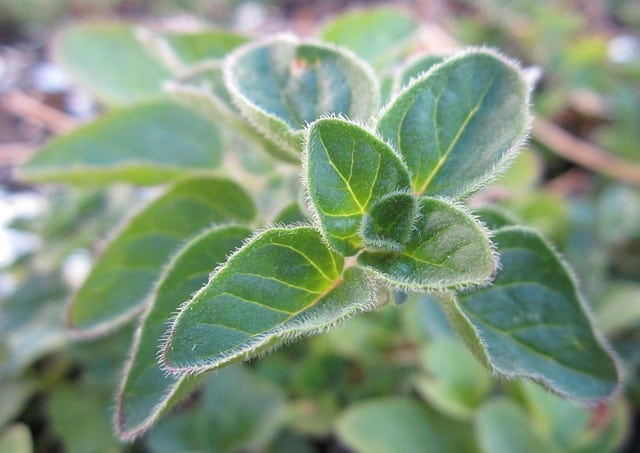
Oregano is a robust herb that can be planted in December. Well-drained soil and full sun will allow this perennial to thrive, ensuring a consistent supply for your winter cooking.
7. Parsley
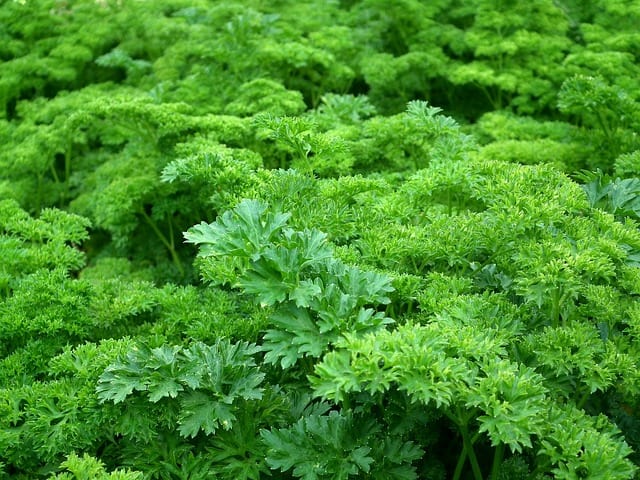
Parsley is a biennial that prefers cooler weather, making December a suitable time for planting. It can be grown from seeds or transplants and should be kept consistently moist.
8. Rosemary
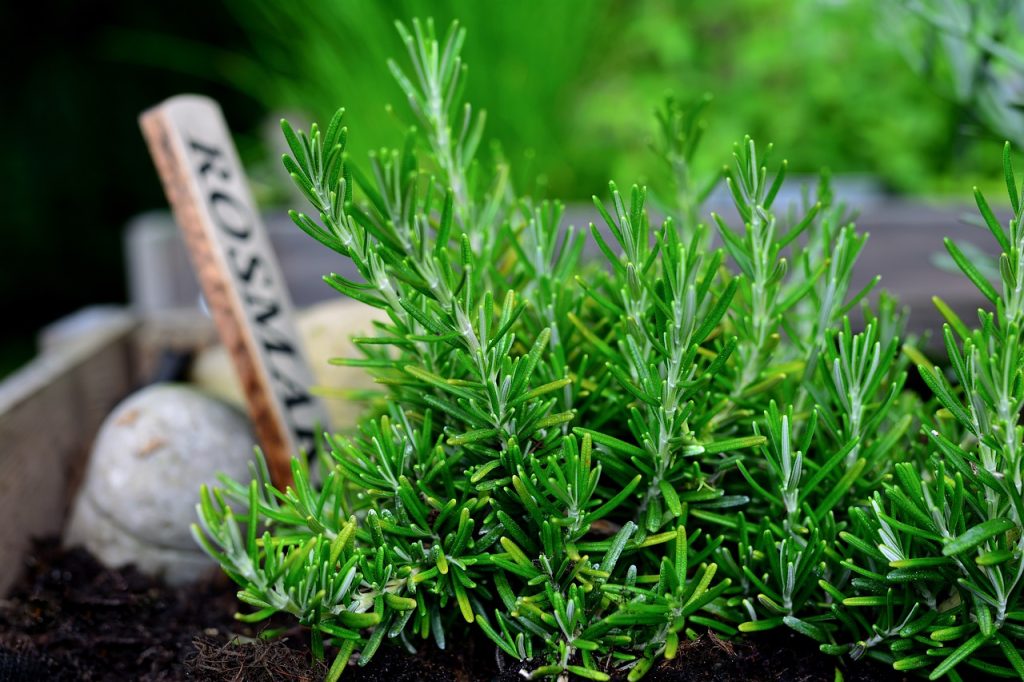
Though typically more of a perennial in climate zones, it can be started from cuttings or small plants in December. Rosemary flourishes in well-drained soil and full sunlight.
9. Sage
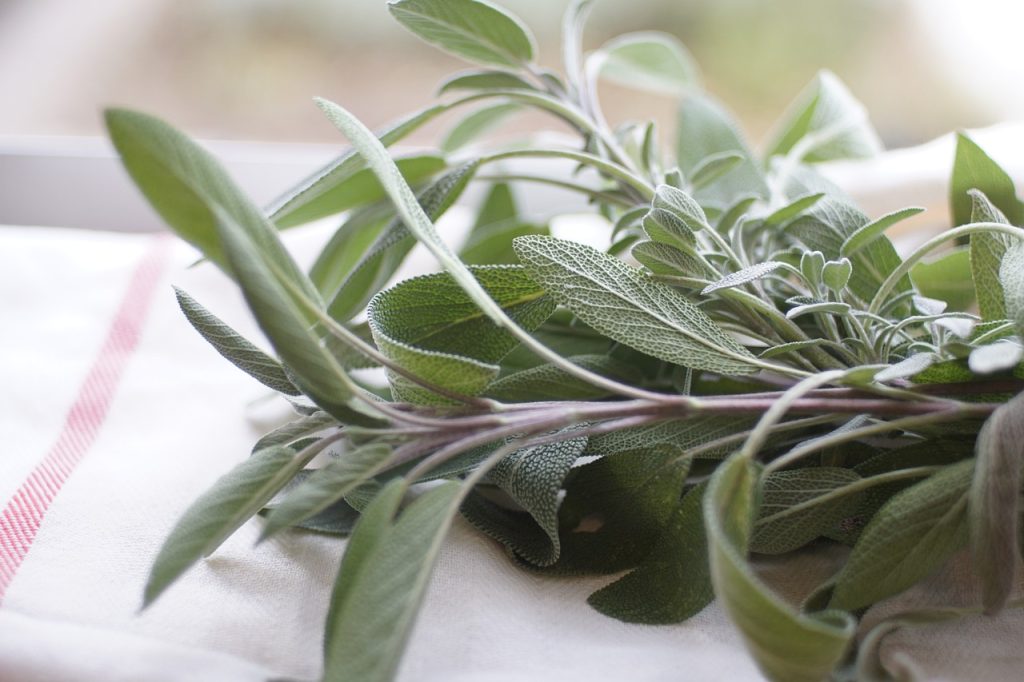
Sage can also be planted in December, as it thrives in cooler temperatures. This perennial herb grows well in well-drained, sunny spots and can withstand light frosts.
10. Thyme
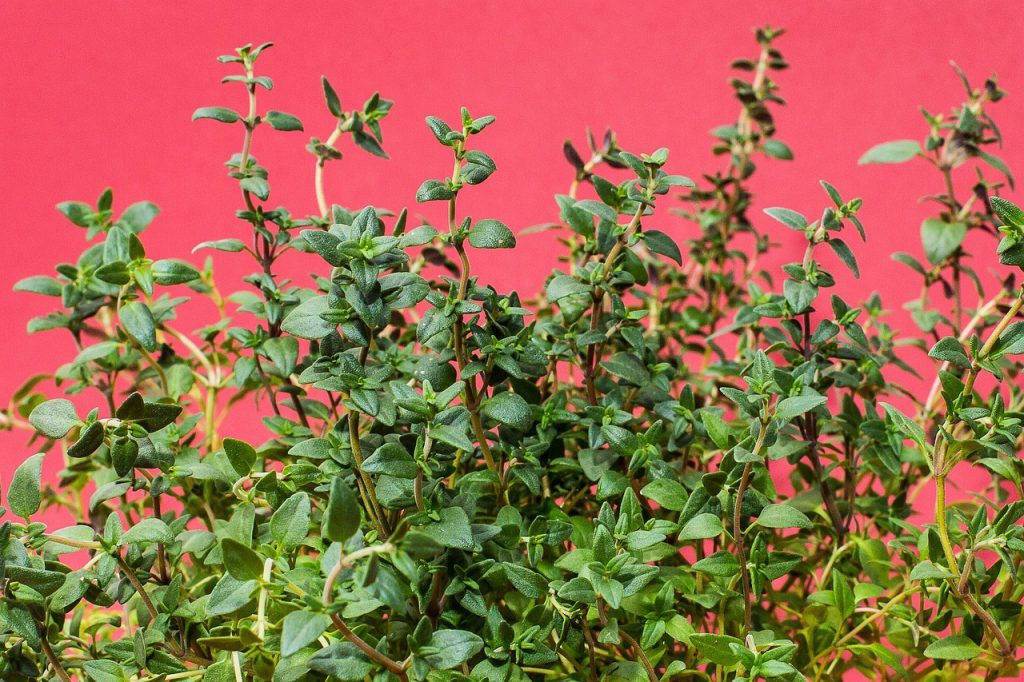
Thyme is perfect for December planting, as it is a hardy perennial herb. This herb tolerates drought well once established, making it a versatile choice for the winter garden.
Flowers
1. Azaleas
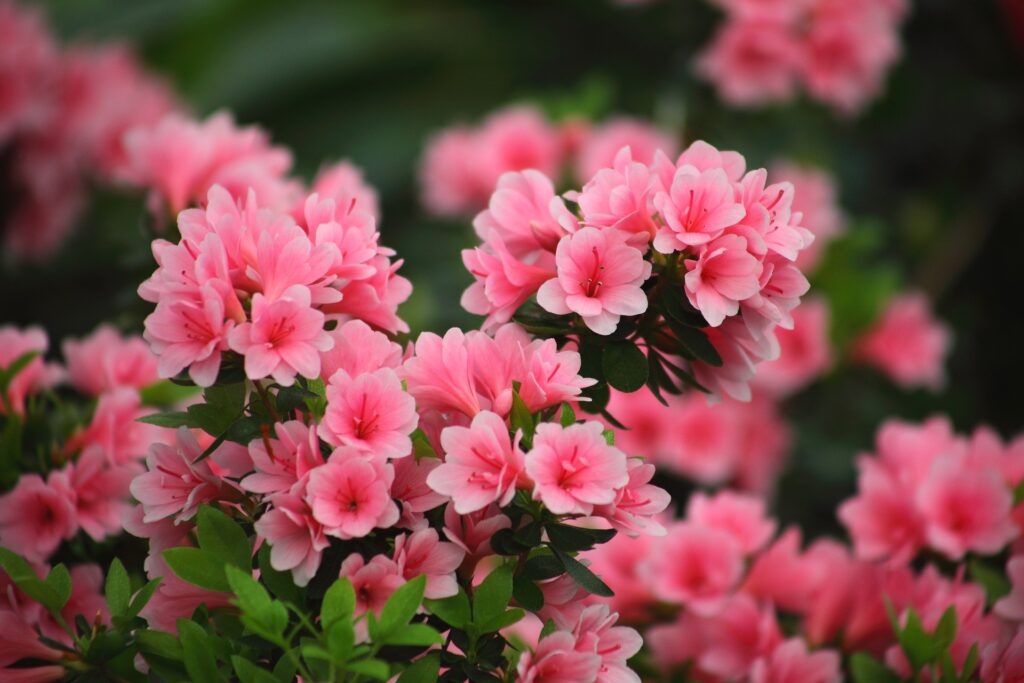
Azaleas are a stunning choice for winter planting in Zone 9. These flowering shrubs bloom in late winter to spring and benefit from well-drained acidic soil.
2. Begonias
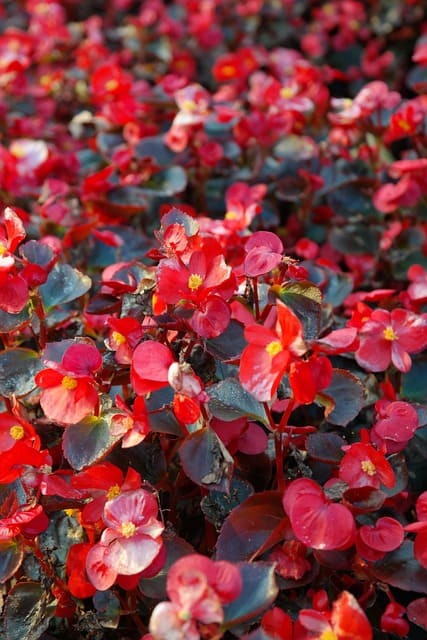
Begonias are ideal for adding vibrant color to your garden during the winter months. Plant tubers or propagate from cuttings for a beautiful indoor display or in shaded outdoor areas.
3. Camellias
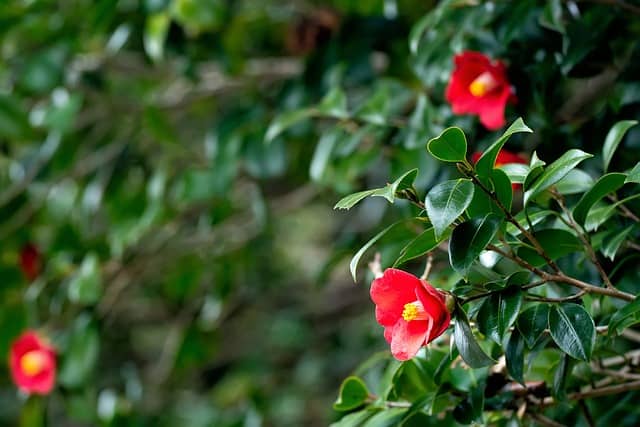
Camellias bloom in the winter and early spring and are perfect for planting in December. Choose well-drained, acidic soil for the best results and enjoy flowers that brighten the winter landscape.
4. Daisies
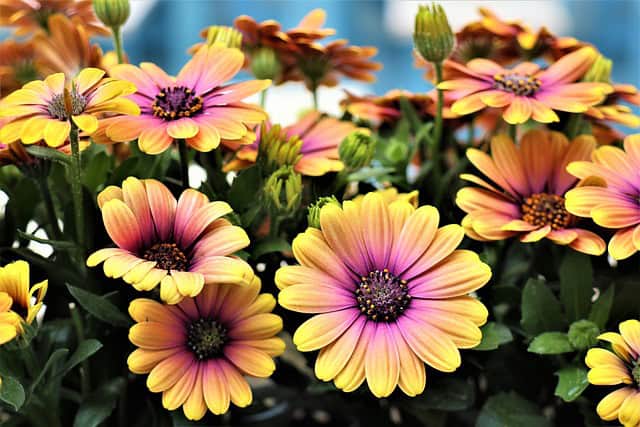
Daisies can be planted in December for beautiful blooms in the spring. These hardy flowers thrive in full sunlight and are perfect for adding cheerful color to your garden.
5. Geraniums
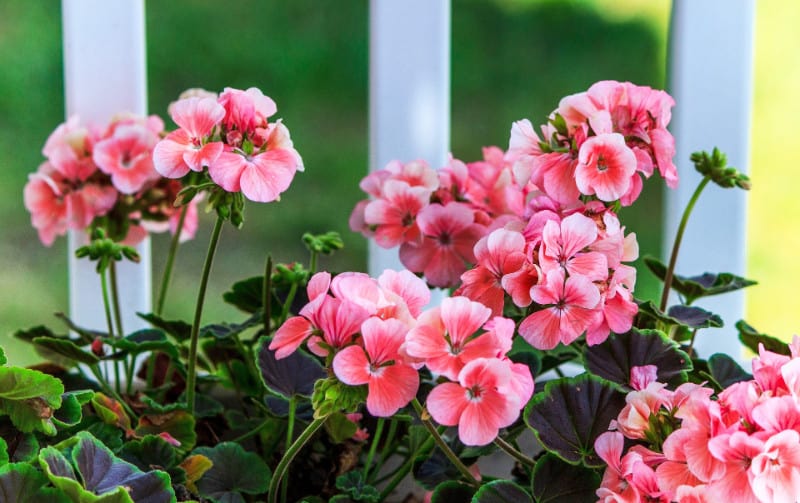
Geraniums can also be planted in December, especially in pots. These flowers are suitable for both indoor and outdoor decoration, providing vibrant colors that stand out in winter.
6. Hibiscus
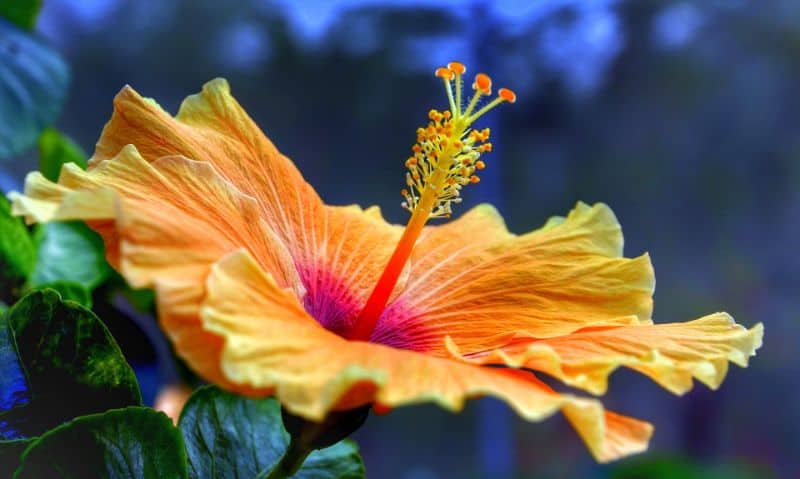
Hibiscus can be started in warmer, protected areas during December. These striking flowers bring a tropical feel to your garden and can be grown in containers.
7. Impatiens
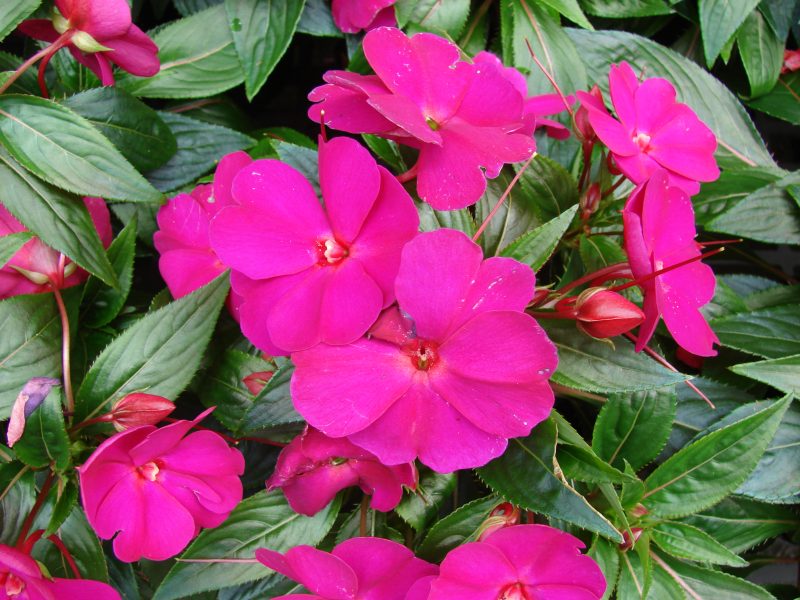
Impatiens are shade-loving plants that can add beauty to your winter landscape. Plant them in well-drained soil and provide regular moisture for vibrant blooms throughout the winter.
8. Lantanas
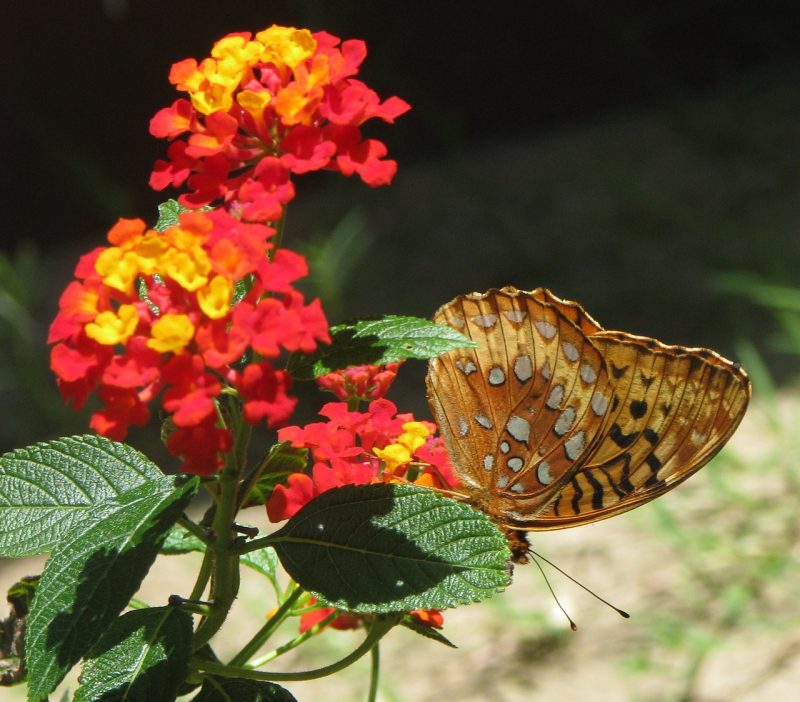
Lantanas can also thrive in milder regions. They can brighten up the landscape in December and provide attractive blooms through the winter.
9. Lilies
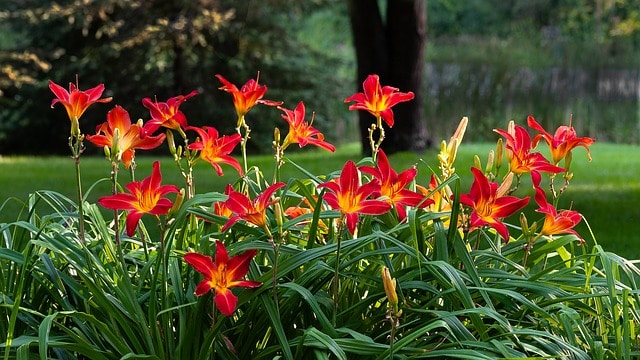
Lilies can be planted in December for a spectacular display come spring. They require well-drained soil and adequate sun and will provide fabulous blooms.
10. Marigolds
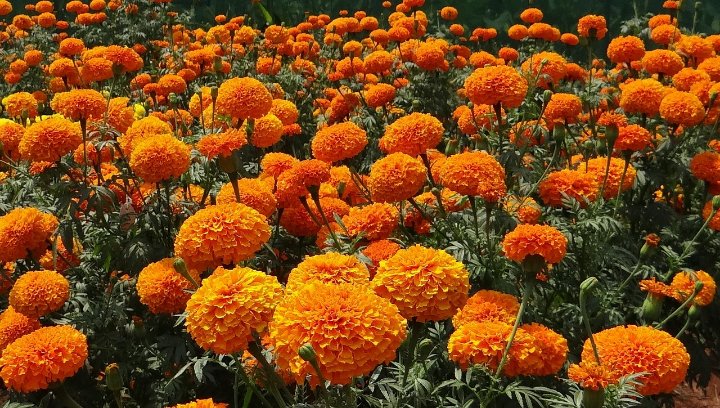
Marigolds can still be planted in December for continuous blooms in the cooler months. They are hardy and can withstand light frost, making them a great choice for winter gardens.
11. Pansies
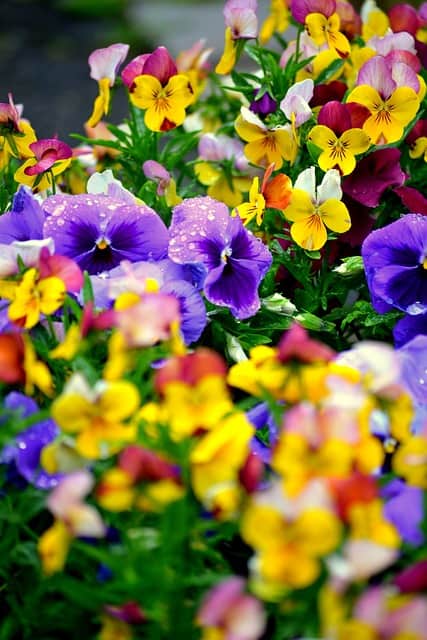
Pansies are the quintessential cool-weather flowers. Plant them in December for vibrant splashes of color that can handle cool temperatures. Their cheerful faces are perfect for brightening the winter landscape.
12. Petunias
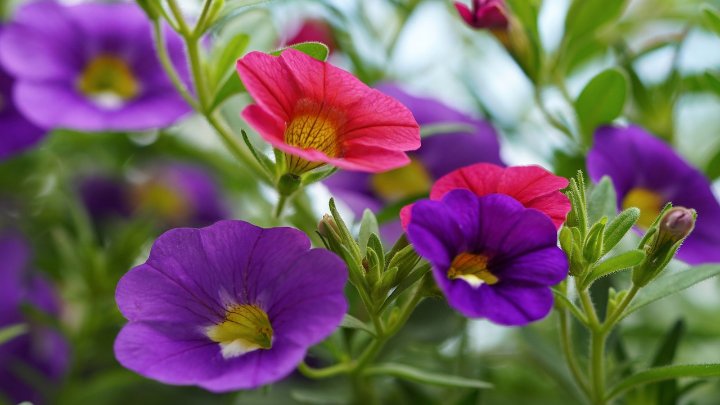
Petunias can be planted in December, and they flourish in well-drained soil and full sun. These flowers add vibrant color to any garden and can withstand cooler temperatures.
13. Roses
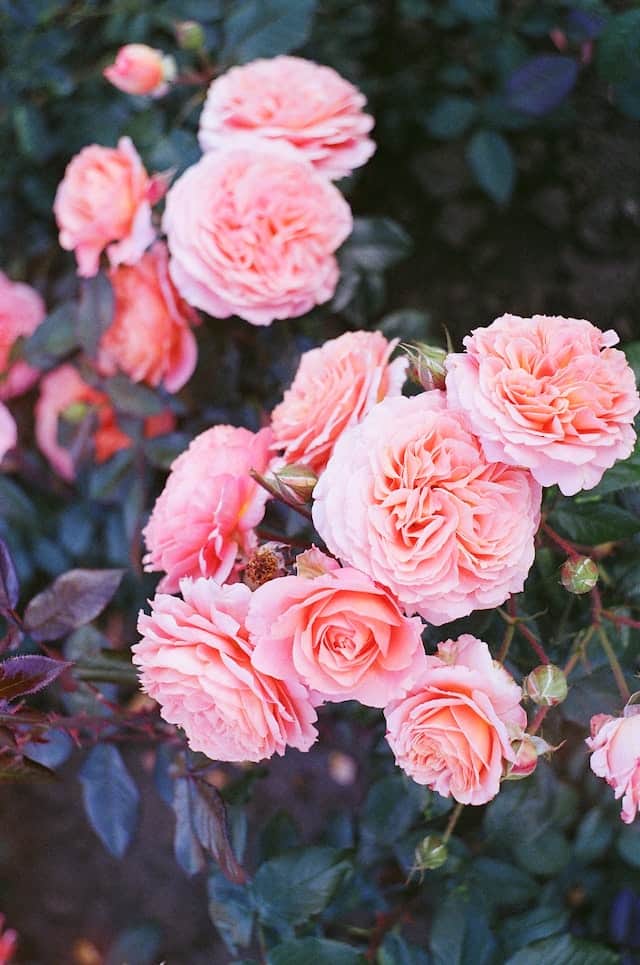
December is an excellent time for planting bare-root roses in Zone 9. They establish well during the cooler months and will reward you with beautiful blooms in the spring.
Fruits
1. Oranges
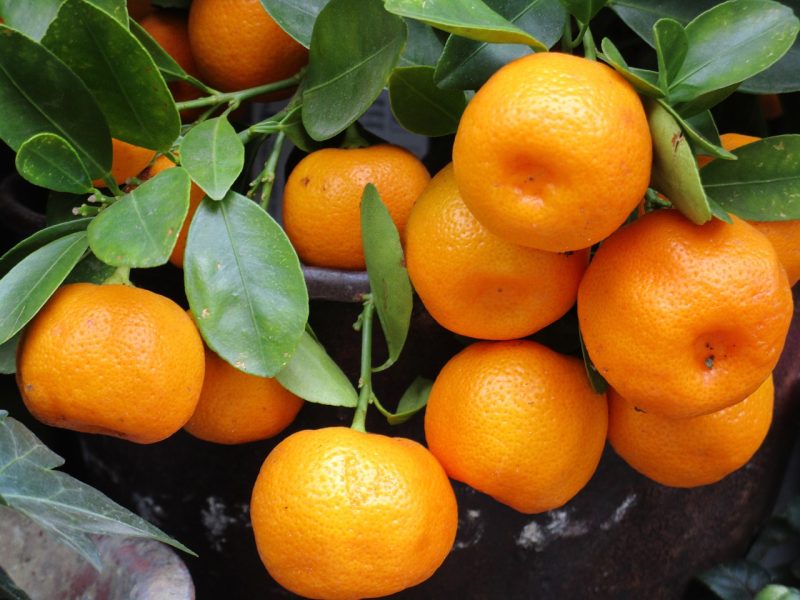
Zone 9 is ideal for citrus trees, including oranges. December is a great time to plant young orange trees or to take care of established trees for better fruiting in the spring.
2. Peaches
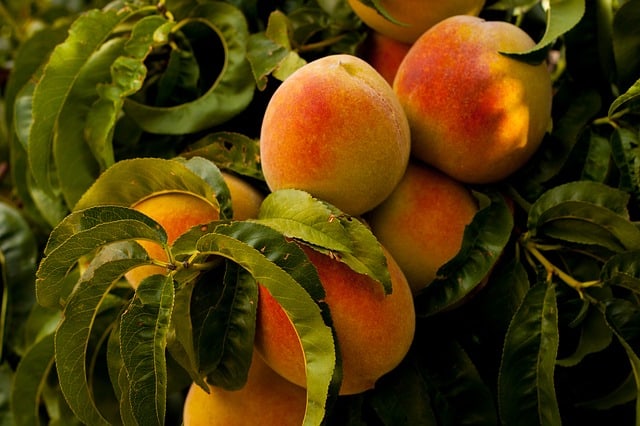
December is also a fantastic time to plant bare-root peach trees. Ensure that the tree is properly pruned, and plan for regular watering during the warmer periods.
3. Pears
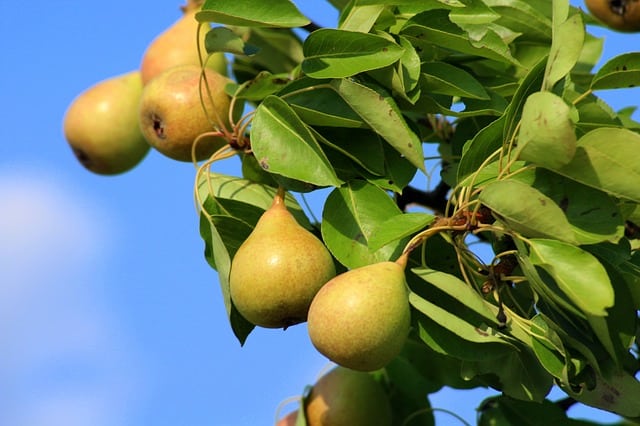
Bare-root pear trees can be planted in December for better establishment before spring. Make sure to choose a sunny location with well-draining soil.
4. Pineapples
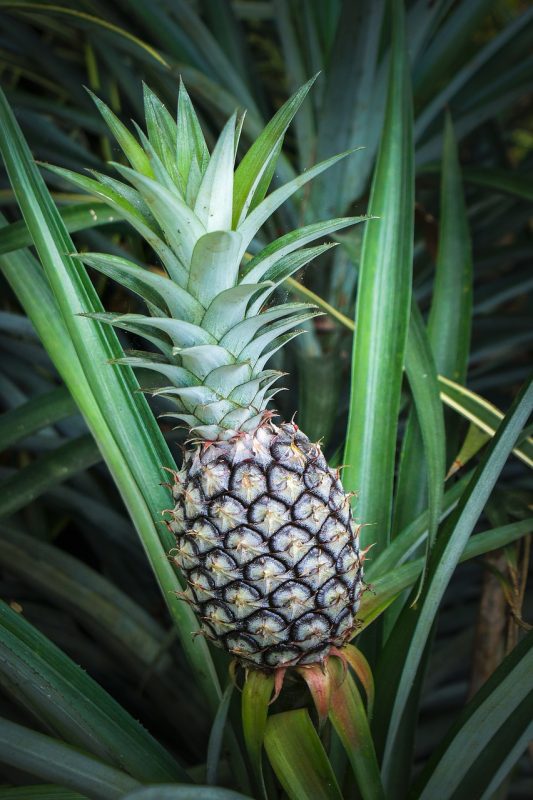
In warmer parts of Zone 9, pineapple can be grown. Plant pineapple tops in pots indoors or in a sunny, protected spot outside.
5. Pomegranates
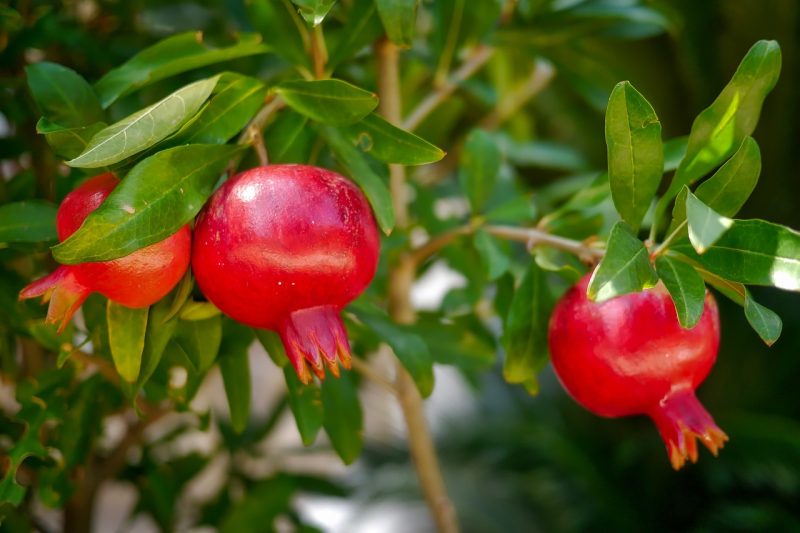
Pomegranate trees can be planted in December to ensure they establish well before the hot season arrives. These drought-tolerant plants prefer well-draining soil and thrive in full sun, rewarding you with beautiful flowers and delicious fruits.
6. Strawberries
Strawberry plants can be planted in December for a bounty of sweet fruit come spring. Choose evergreen varieties for best results in Zone 9. They prefer full sun and should be planted in raised beds or containers with well-drained soil.
7. Tangerines
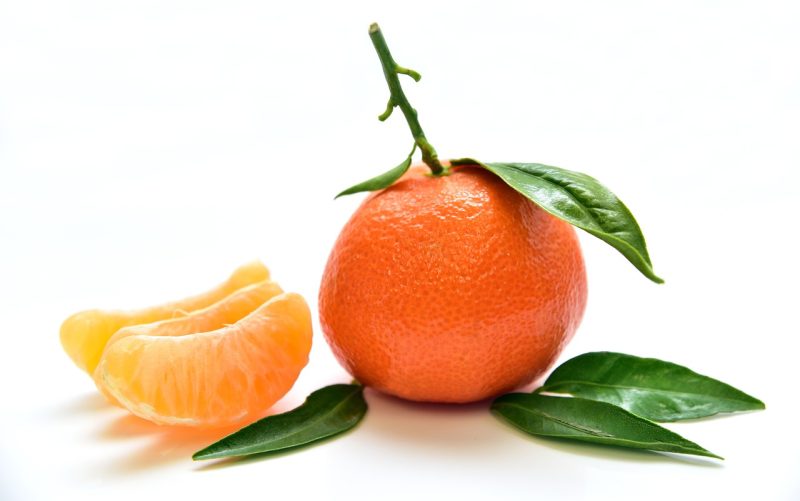
Similar to oranges, tangerine trees fit well in Zone 9 and can be planted in December. They thrive in loamy soil with good drainage. Make sure to provide protection from strong winds.
8. Watermelons
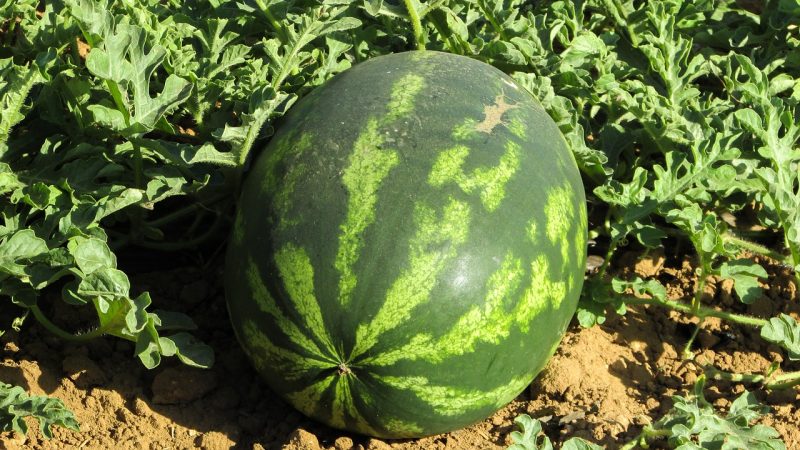
While watermelons are typically a summer crop, starting seeds indoors in December for transplanting later can lead to an early harvest. Begin them in a greenhouse or on a windowsill to protect them from cold temperatures.
Essential Gardening Tips for Winter
To ensure your plants thrive throughout winter in Zone 9, here are essential gardening tips:
Soil Preparation and Mulching
Prepping your soil well in advance of planting is crucial. Test the soil to determine its pH and nutrient content, amending it with compost or organic matter as needed. Mulching helps maintain moisture levels, suppresses weeds, and insulates the soil. Organic mulches like straw, shredded leaves, or wood chips are excellent options.
Watering Strategies During Winter Rains
Even in winter, monitoring soil moisture is essential, especially after heavy rains. While some plants benefit from winter rains, it’s critical to avoid waterlogged conditions, which can suffocate roots. Using raised beds can help promote drainage. Installing drip irrigation systems can also help manage watering effectively without soggy soil.
Protecting Plants from Cold Weather
Although Zone 9 has mild winters, occasional frosts can still occur. Be prepared by having frost cloths on hand to cover sensitive plants during cold snaps. Elevating containers off the ground can also help prevent frost damage. If you are growing tender crops, consider using cloches or cold frames to provide extra warmth.
Planting and Maintenance
Starting Seeds and Transplanting
December is a suitable time to start many seeds indoors, particularly for crops that thrive in cooler weather. Ensure they are kept well-lit and maintained at a suitable temperature. For direct sowing crops, ensure the soil is well-drained and that you are following appropriate spacing guidelines. Watch for seedling growth, and thin them if they become too crowded.
Pruning and Managing Weeds
December is an excellent time for pruning fruit trees to promote healthy growth as they come out of dormancy. Remove any dead or diseased wood and ensure trees have an open structure for air circulation. Additionally, managing weeds is vital during winter months; use mulch to suppress them and check regularly for any that may grow.
Conclusion
Planting in December in Zone 9 offers gardeners a chance to cultivate a diverse and bountiful garden that can yield vegetables, fruits, herbs, and flowers through the winter months. Understanding the unique climate conditions of Zone 9 allows you to plan and plant appropriately, ensuring successful growth and a vibrant garden year-round.
By carefully selecting what to plant and following essential gardening tips—ranging from soil preparation to frost protection—you can create an environment where your plants can thrive even during the cooler months. Gardening is not only a rewarding hobby; it’s a sustainable way to produce fresh foods and beautiful blooms in your own backyard. So grab your gardening tools, plan your planting calendar, and enjoy the bounties of your Zone 9 garden this December!


